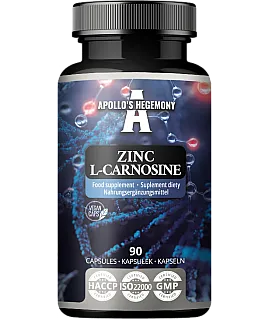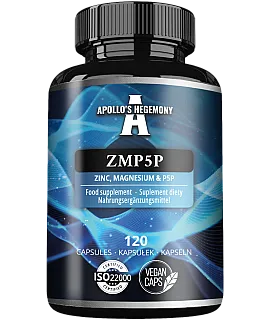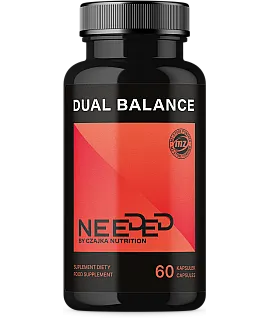Zinc - what is it and what properties does it have?
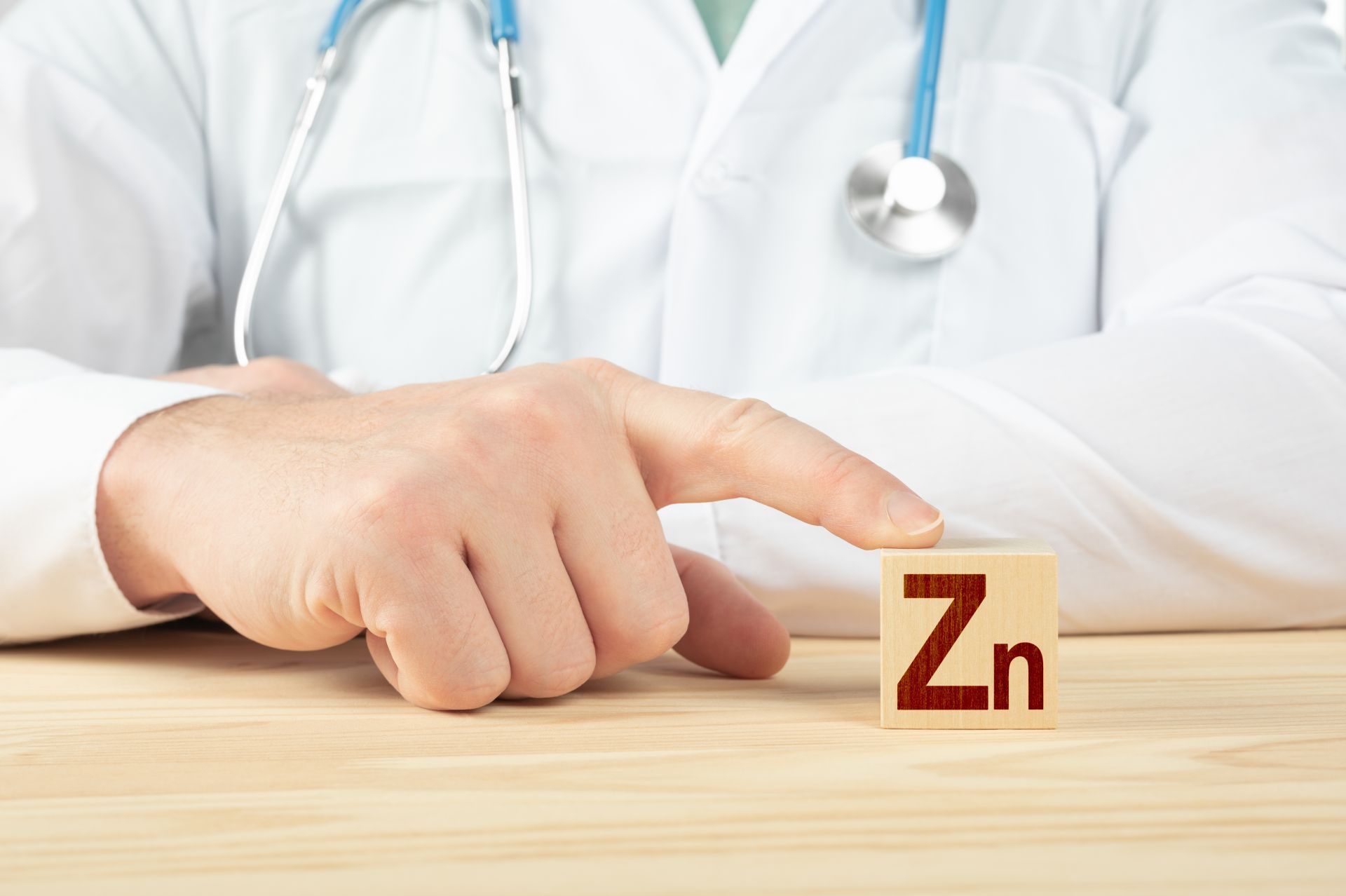
Of the trace elements essential to humans, zinc is the second most abundant in our bodies, just behind iron. However, the prevalence of its deficiency is striking, as up to 25% of the population of developing societies and slightly less in developed countries may be affected. Zinc 's most important properties include its effects on resistance to infection, skin condition and hormones. Zinc is a micronutrient that many people ignore when configuring their diet, and this is not the right approach. In this article, we will discuss what exactly zinc is and how it helps us. Read to the end!
What is zinc?
Zinc is one of the most important trace minerals in our bodies. It is essential to the growth and development of the body. It is the only metal that is a cofactor for more than 300 different enzymes. It participates in many processes underlying the very foundation of our functioning such as DNA synthesis and nutrient metabolism.
In 1963, Dr. Prasad first proved the existence of zinc deficiency in humans. He discovered the condition in patients who struggled with hepatosplenomegaly, dwarfism, hypogonadism and an increased risk of infection. Since then, knowledge about zinc and its role in human function has begun to evolve rapidly.
The body of an adult human contains about 1.4-2.3 grams of zinc ions. On a daily basis, roughly 0.1% of the supply must be renewed, that is, assimilated from food. About 85% of the total zinc supply is located in muscle and bones. Another 11% is in the skin and liver, and the rest is scattered throughout the body, with relatively sizable concentrations in the eyes and prostate. Most of this zinc is bound to proteins.
The biological roles of zinc fall into 3 categories:
- catalytic
- structural
- regulatory
A catalytic role means that zinc is essential for the function of many enzymes. Structural means that it is incorporated into many more complex structures, most often proteins, and increases their stability. Regulatory means that in addition to the previously mentioned roles, zinc further modulates synaptic neurotransmission and signaling in cells.
Zinc deficiency is very common in developing countries, affecting up to 25% of the population. The cause is the composition of the diet, which is not properly balanced in terms of the ratio of zinc supplied to factors that impede its assimilation (phytic acid). In developed countries, more common causes of zinc deficiency are old age, an ill-balanced vegan diet, alcoholism, intestinal and liver diseases.
Properties of zinc
Of all the trace elements we need for health, zinc probably has the widest range of properties. Its presence is felt by many different systems in our body. Below is a summary of its effects on some health parameters.
Zinc and immunity
An efficient immune system is one of the biggest benefits of an adequate supply of zinc, and often the biggest incentive for supplementation during the fall and winter seasons. Zinc is considered crucial to the efficiency of immune responses.
Among other things, zinc is responsible for the proliferation and differentiation of immune cells. It has a major impact on the regulation of the immune response, and in its free form it also has a direct inhibitory effect on the replication of many viruses.
Zinc supplements, especially in the form of lozenges, are among the few remedies that have a proven track record of reducing the duration of a cold.
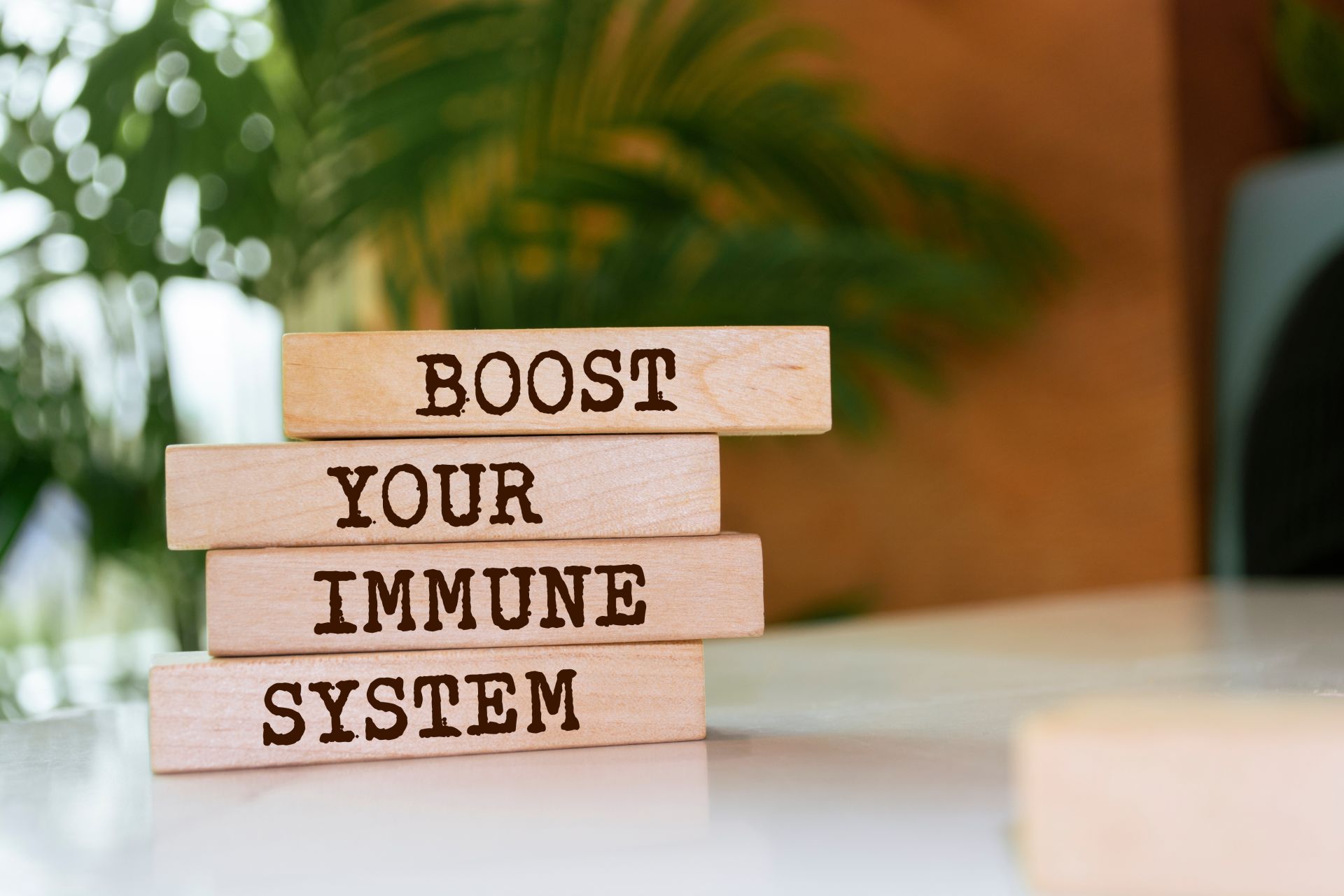
Zinc and male hormones
We need zinc to maintain efficient sex hormone metabolism. Zinc is important for both men and women, but in men the benefits appear to be broader.
This element regulates hormone concentrations on two levels, acting on the production of gonadotropic hormones in the brain and acting directly in the testes. It affects both androgen synthesis and spermatogenesis. Also worth mentioning is the effect on the activity of 5-alpha-reductase, the enzyme that converts testosterone into dihydrotestosterone (DHT), so zinc inhibits typically androgenic ailments.
Zinc and skin, hair and nails
Zinc is very beneficial for skin health. To support its condition, zinc is used both orally (supplements and a well-balanced diet) and epidermally in appropriate cosmetics. Zinc deficiency exacerbates skin and nail problems, increases hair loss and impedes wound healing. A very large proportion of publications exploring the relationship between zinc and the skin focus on its effectiveness against acne. There are some very promising data on this subject.
Stimulation of collagen synthesis is another very useful property of zinc. The skin is the organ with one of the highest concentrations of zinc and draws heavily on its properties.
Zinc and the brain
During development and into adulthood, zinc acts as a regulator of synaptic activity and neuronal plasticity at the cellular level. There are several neurological diseases that may be affected by changes in zinc levels. These include stroke, neurodegenerative diseases, traumatic brain injury and depression. Accordingly, zinc deficiency can result in cognitive and learning impairment and increased oxidative stress, while zinc accumulation can lead to neurotoxicity and nerve cell death.
There are indications that there is impaired zinc metabolism in Alzheimer's disease and other forms of neurodegeneration. Impaired zinc homeostasis is sometimes even indicated as one of the factors contributing to increased Alzheimer's risk.
Zinc and the thyroid gland
Zinc's properties include effects on the synthesis of TSH, the thyroid hormones, maintaining the efficiency of their receptors, the efficiency of the process of converting T4 to T3, and the production of carrier proteins.
Zinc supplementation is a very common practice in various thyroid problems, especially in cases of hypothyroidism. Zinc deficiency could increase oxidative stress, thyroid tissue atrophy and degenerative changes.
Zinc and aging
There are several properties of zinc that enable us to age healthier and more smoothly. Among them we will mention:
- control of oxidative stress,
- influencing the process of cell apoptosis,
- strengthening the immune system,
- support of neuroendocrine function,
- the ability to maintain better cognitive abilities.
Which zinc supplement to choose?
It is very good practice to supplement zinc together with copper in a ratio of 10:1. Why? These two minerals "push" each other's reserves out of the body. By supplementing them in parallel, this can be prevented, keeping them out of balance.
There are even ready-made supplements that have this combination in one capsule. This makes supplementation more convenient. Examples include Apollo's Hegemony Z-Balance Q and Jarrow Zinc Balance.
However, if it is known that only zinc is needed, and supplementation with copper will either be unnecessary or undesirable, it is best to choose a monopreparation. Here it is worth paying attention to its form so that it is well absorbed. A great choice is zinc diglycinate, otherwise known as zinc chelate.
It is worth remembering that the turnover of zinc in the body is dynamic and it needs to be replenished daily.
Summary
Zinc deficiency affects a significant portion of the population. Its versatility in the body affects a very broad profile of negative actions resulting from this deficiency. The efficiency of the immune system, testosterone production, thyroid and brain function, skin quality and much, much more depend on the availability of zinc. It is definitely worth paying attention to good dietary practices that will reduce the risk of zinc deficiency and possible supplementation with this element when the need arises.
Sources:
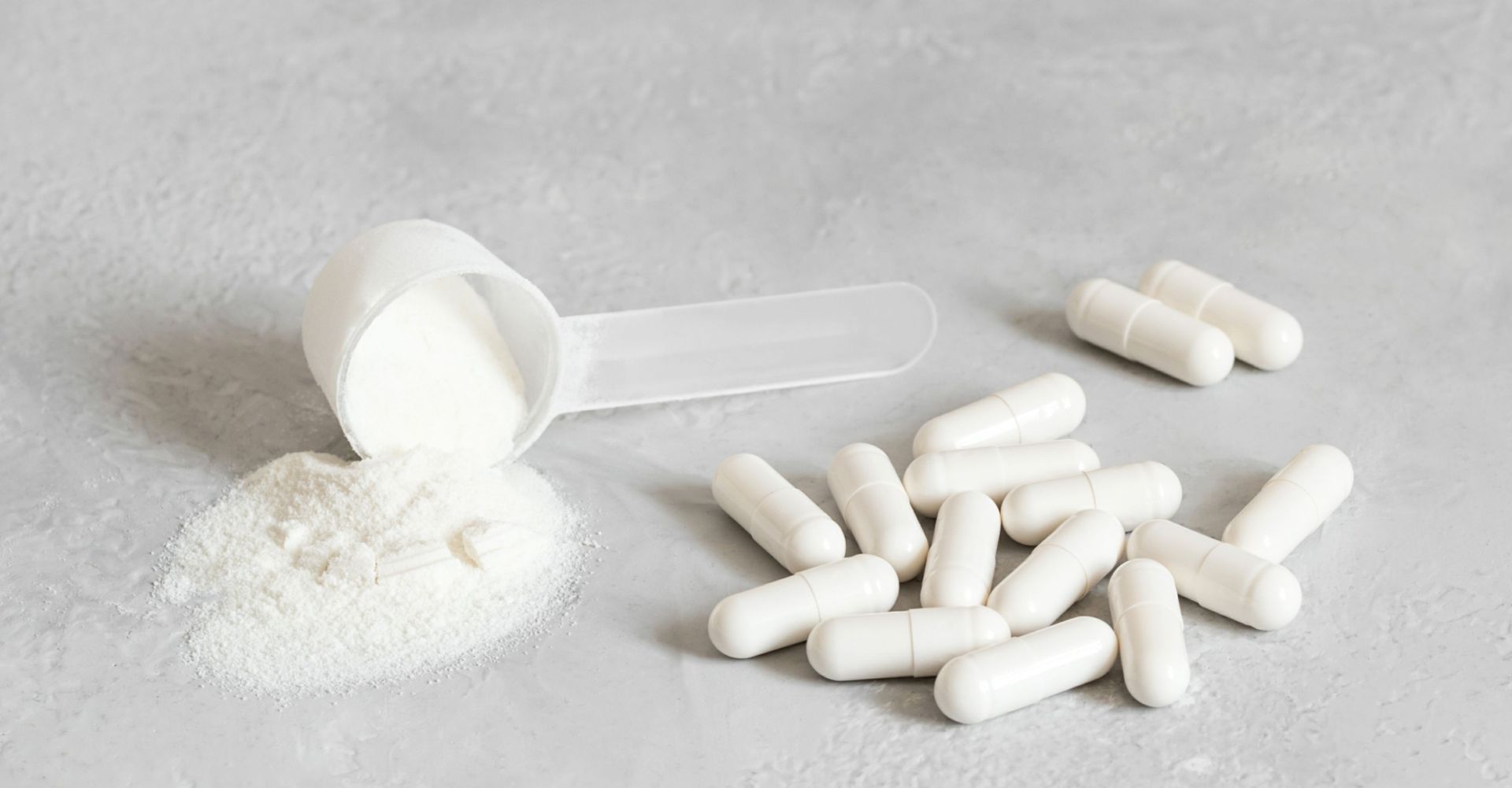 ⮜ Previous article
⮜ Previous article
NMN for delayed aging and metabolic support
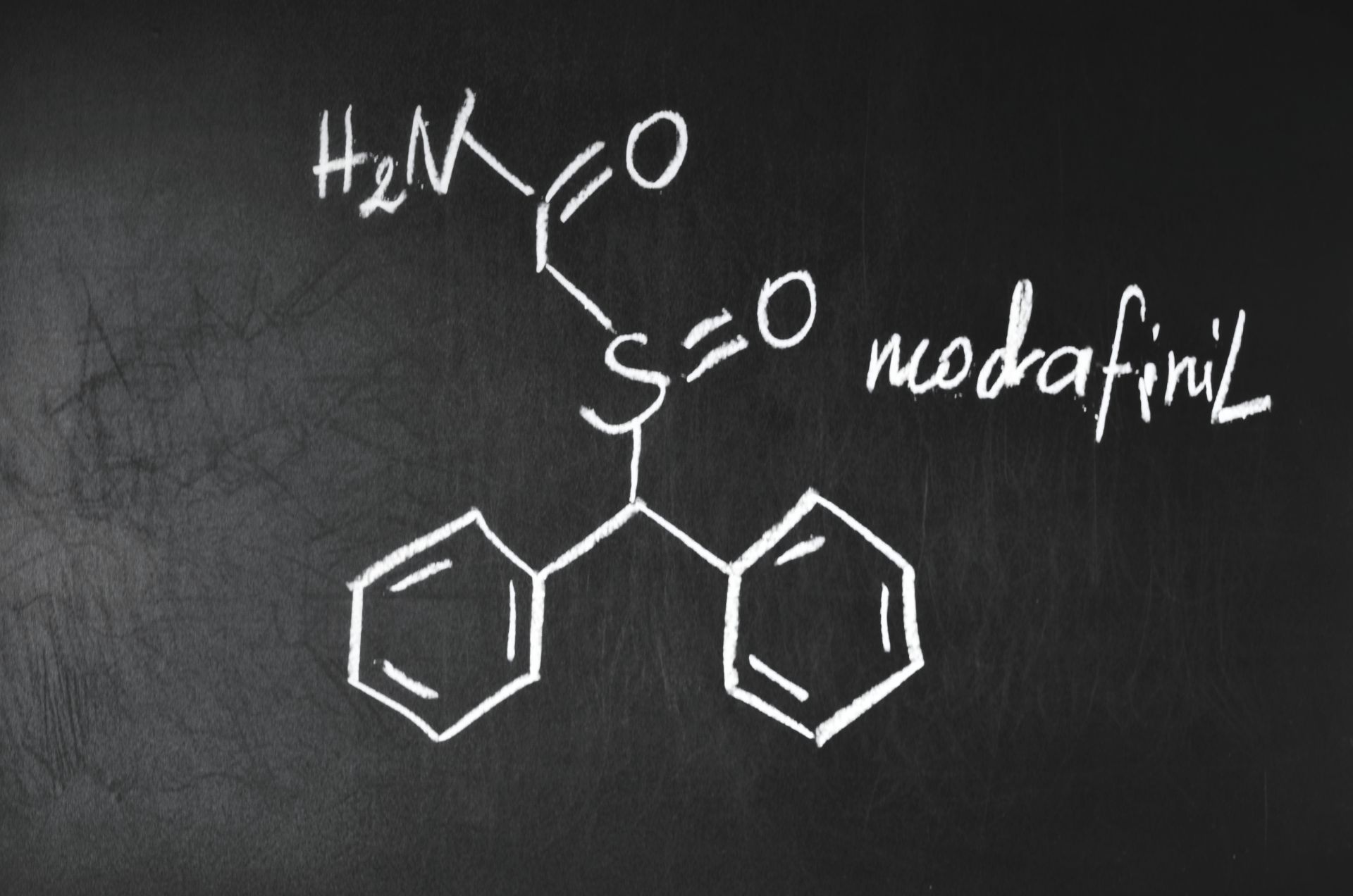 Next article ⮞
Next article ⮞
